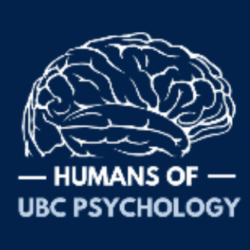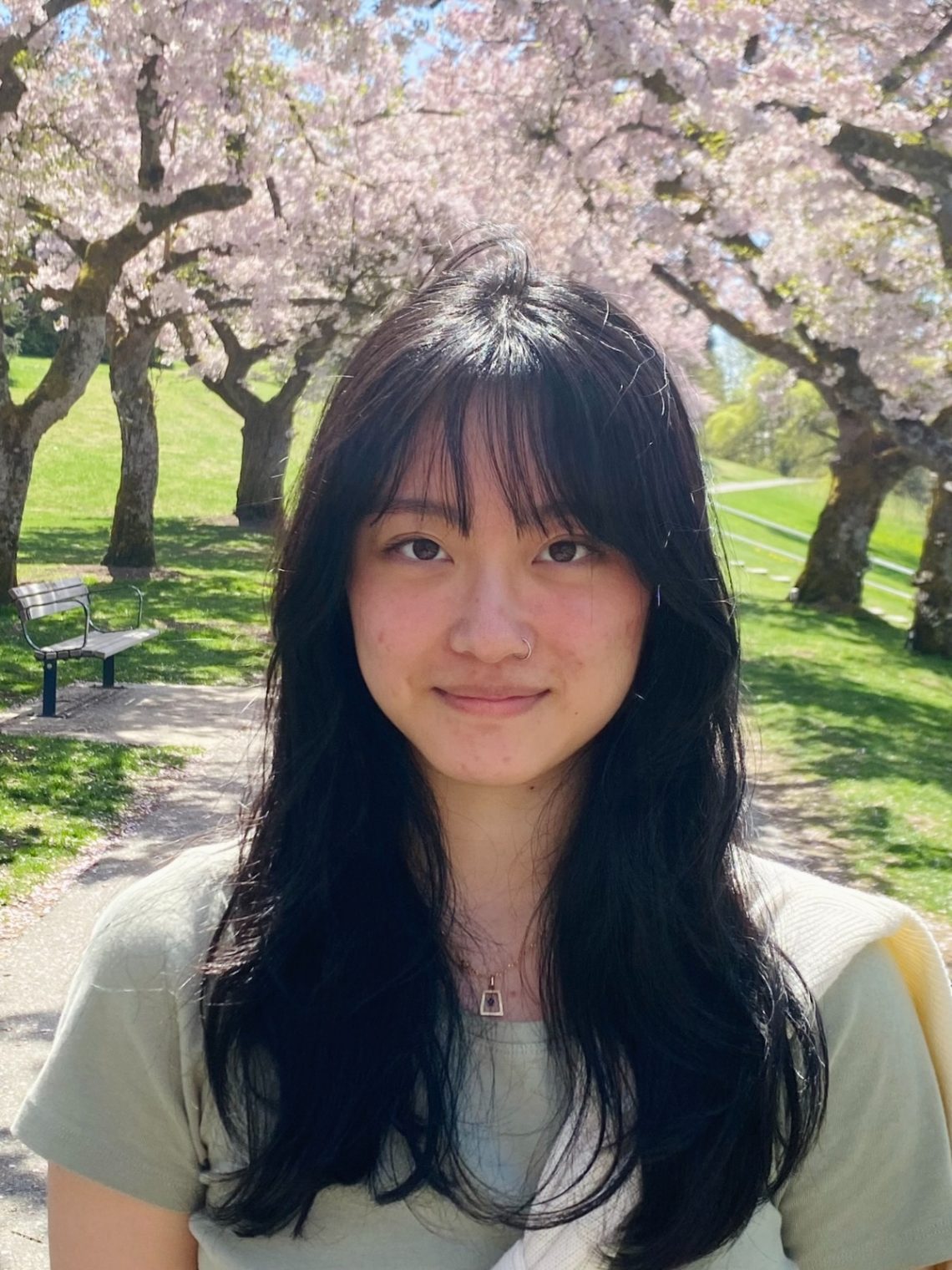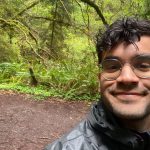Hello, could you start by telling us a bit about yourself?
Sure, I am in my fourth and final year as a psychology major here at UBC. I am also the course coordinator of the student directed seminar ASTU 400K: Cyberpsychology and Digital Technology Addiction.
Nice, ok and why did you choose to study psychology?
Good question, I actually spent my first two years in the faculty of science, and I think I was really interested in cognitive science and psychology. Like I wanted to do a major in behavioural neuroscience and I ended up going into cogs. So I was always interested in psychology but what held me back was the negative stereotypes I held about psychology students and arts students in general. Women in STEM is such a huge topic and you’re really praised for being a woman in STEM. I wanted to conform to that image, so that was part of the reason that held me back. But I transferred in my third year and I am really, really happy that I did because it was just so much more in line with what I want to study.
Great, what do you like most about being a BA in psychology?
I think at UBC we have a lot of resources. Like there are a lot of research labs here with a lot of awesome academics, a lot of different classes with really niche topics that you can take. And there are a lot of ways to channel your interest which I think is great. That’s the big one.
This is a hard one, and it is ok if you do not know, but where do you hope to be in 5 years?
Oh, I see, I get what you mean by this is a hard one. Definitely in grad school and I don’t know how many rounds of applications it will take to be there, but hopefully in 5 years I will be in grad school. I want to do a research master’s, hopefully in social psychology, somewhere in Canada. That’s what I see myself working towards.
Nice, are there any fields specifically that you want to specialize in within psychology?
That’s a good question. I’ve only narrowed it down to social psychology and even that I am not entirely sure as I have a lot of interests within psychology. Some of them have been sort of transient and the interest has faded a little bit. So I am trying to figure out which of my interests are going to stick around and which ones aren’t. Some of my interests now are the psychology of religion and morality. I am also interested in meta-science and studying the scientific process through the lens of psychology. That’s an approach that I am interested in right now, though I don’t know exactly which path I want to go down. It’s hard to pick.
Yea, that’s really interesting, going back to your shift from a BSC to BA in psychology, what are the most jarring differences you found?
I wouldn’t say there is anything jarring. I think that is an interesting word choice. It is quite adjacent, as I was in the brain and cognition stream in cognitive systems so it was quite similar. I wouldn’t say there was anything jarring, but one thing I noticed,just in terms of degree requirements, is how the cognitive system degree focuses really heavily on cognitive psychology, really strictly an individual and micro level of analysis. And I was really interested in studying social psychology and I noticed that in my cogs degree there wasn’t much room to explore social psychology or health psychology, or any other topics. Switching to psychology has definitely given me a lot more variety. A lot more ways to study psychology.
So can you tell us a bit about the student directed seminar and what sparked your interest in it in the first place?
That’s funny because I noticed you had Rayyan on the Humans of Psychology Spotlights and I actually took his student directed seminar last year. So the student director seminar he was talking about, I was actually a part of that one and that’s what inspired me to organize my own. Even before I took that class I was interested in coordinating a student directed seminar but I didn’t have a good idea on what it might actually look like or if it was something I could even take on. So when I took his class I thought it was really fun and I had the opportunity to facilitate my own in-class discussion, and I thought that was really enjoyable. So that is what sparked my interest in doing a student directed seminar.
That is so great to hear, and it inspires me to maybe join a student directed seminar myself.
That would be great!
Were there any unexpected insights that came out of doing the student directed seminar?
Yea, so where I am at right now, I am still in the process of finalizing the planning for the seminar which is going to run in January to April 2024. What I didn’t expect is how difficult making a course was going to be. For example; learning objectives, I tend to gloss over them in the classes I take, but now that I have to come up with them I realize that there is a whole science behind creating effective learning outcomes. The way they are worded is very intentional, a lot of thought goes into that. As a student I never realized how much work went into preparing these courses. I feel a greater sympathy and appreciation for my own profs.
That’s major, do you feel that the seminar is going to open some doors for you or lead to other opportunities, what kind of opportunities?
Good question, I think that this is a great opportunity to get some hands-on experience in teaching and higher education. Even though you are not an instructor, this experience shows you what goes on backstagein teaching and course delivery. It is also a great way to meet other people. For example,as I am preparing some guest lectures for the seminar I am researching out to researchers in Europe and learning a lot about the people doing the research I am interested in all over the world.
Where there any question you had planning the seminar, how did you understand them?
It’s been difficult. It’s a lot to plan for one person. One of things I had to learn and practice was reaching out for help and doing that early and continuously throughout the planning experience. I am just an undergraduate student, it’s a lot to plan and to learn for me, but I have received a lot of support from my faculty sponsor Dr. Clark; the Centre for Community Engaged Learning, who run the program; and the Centre for Learning, Teaching and Technologies, where I have been able to connect with curriculum designers who are professionals at doing just this. It has been super important for me to be able to reach out for help and resources to support me through this process.
That’s it, thank you so much for your time!


